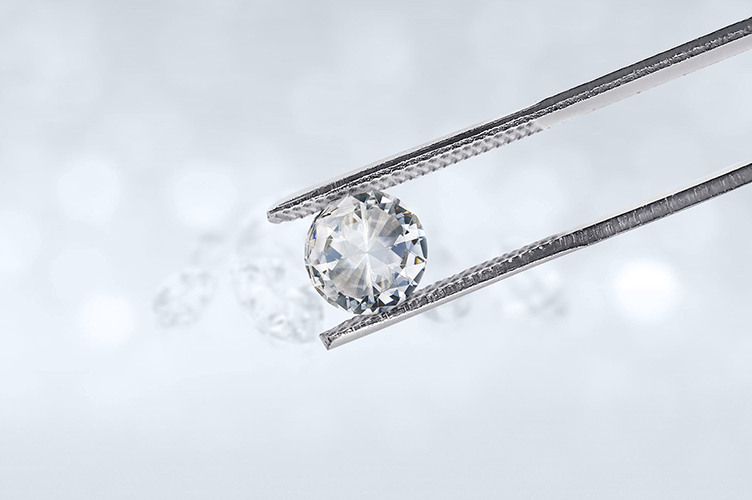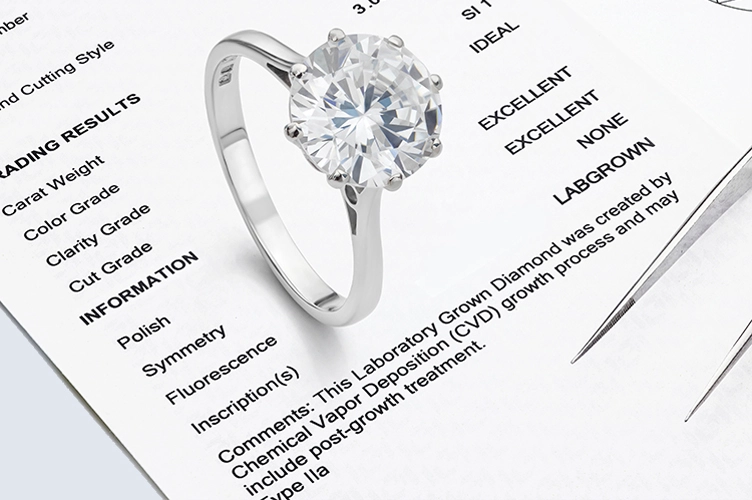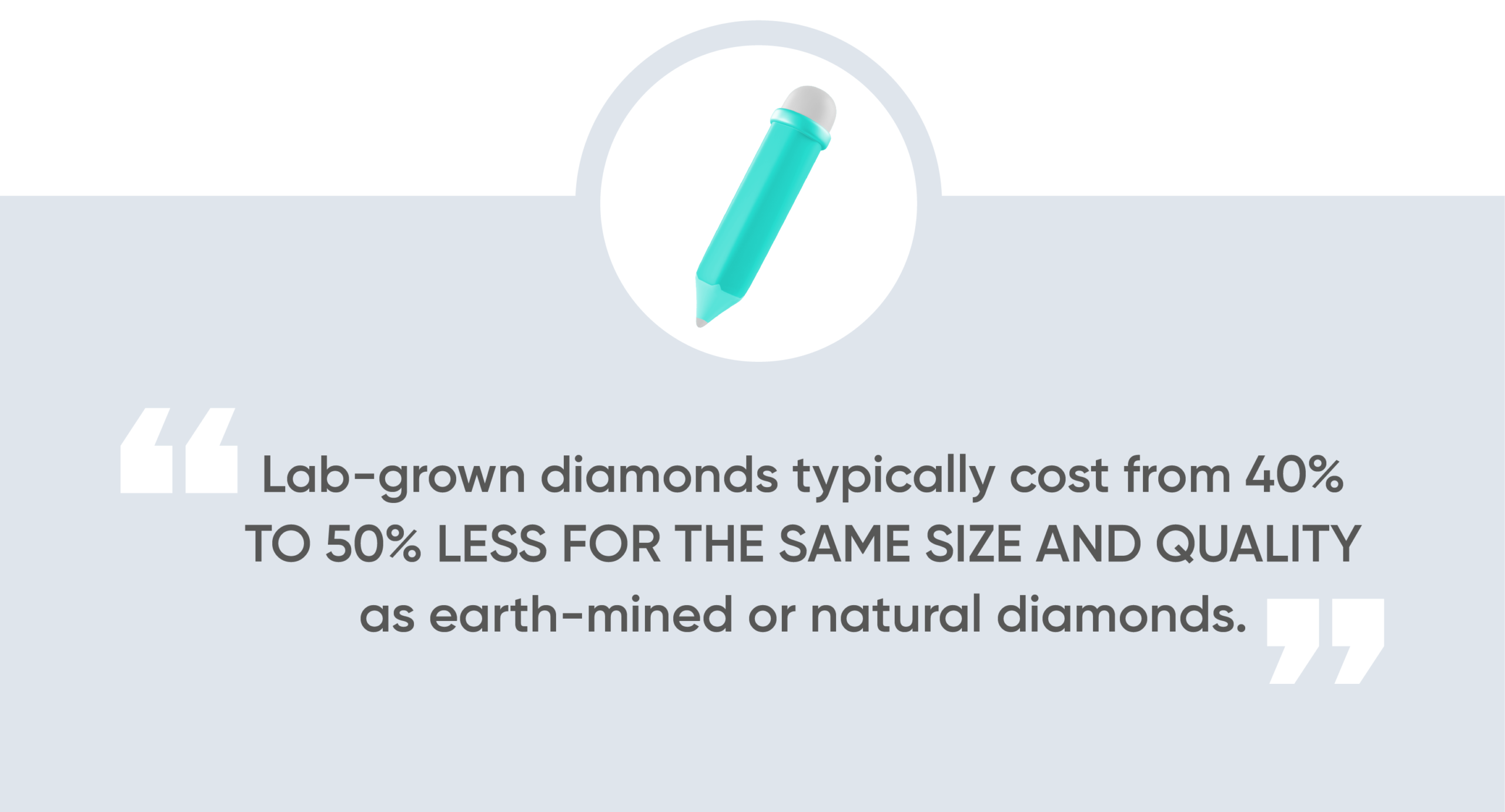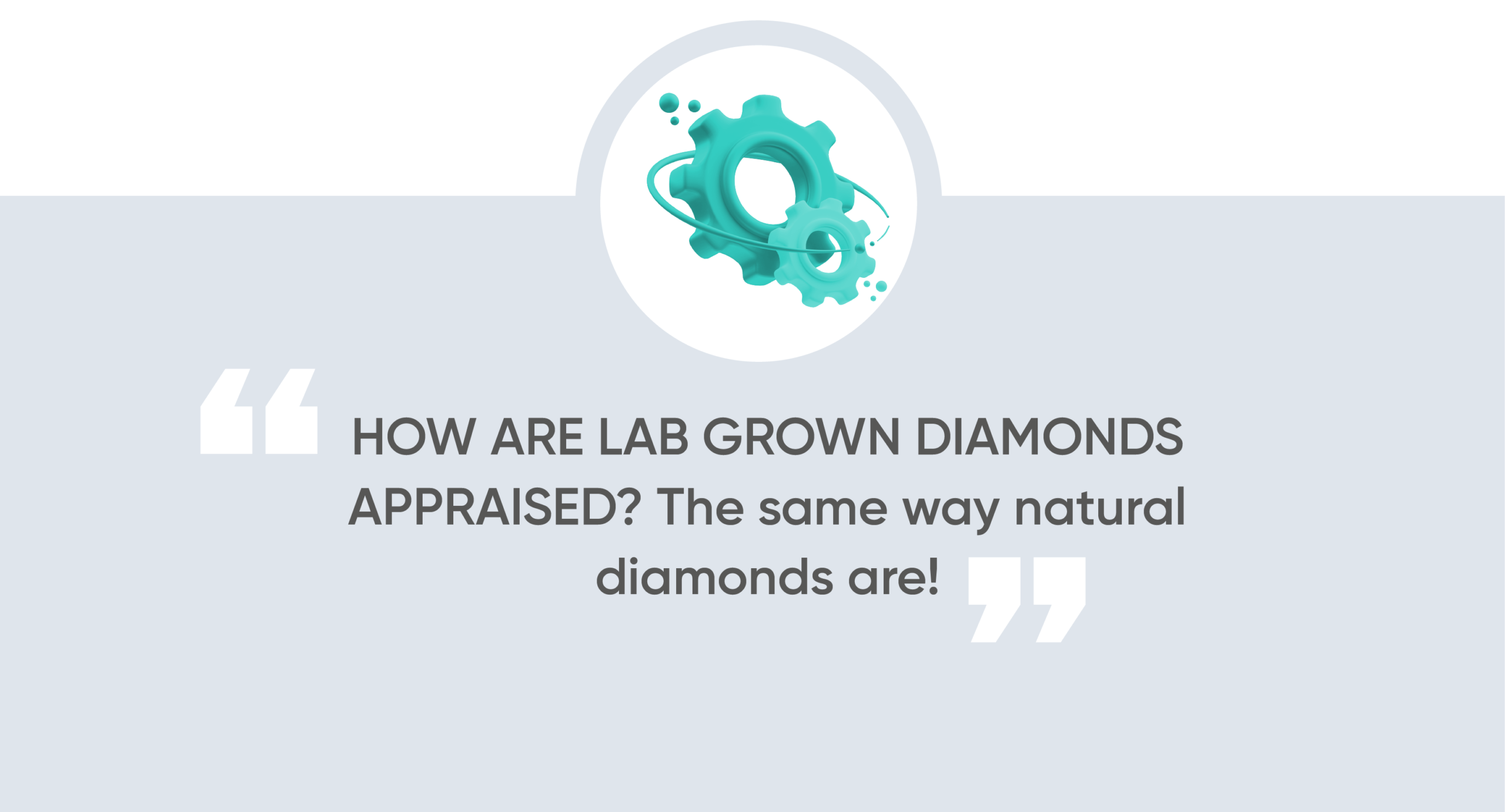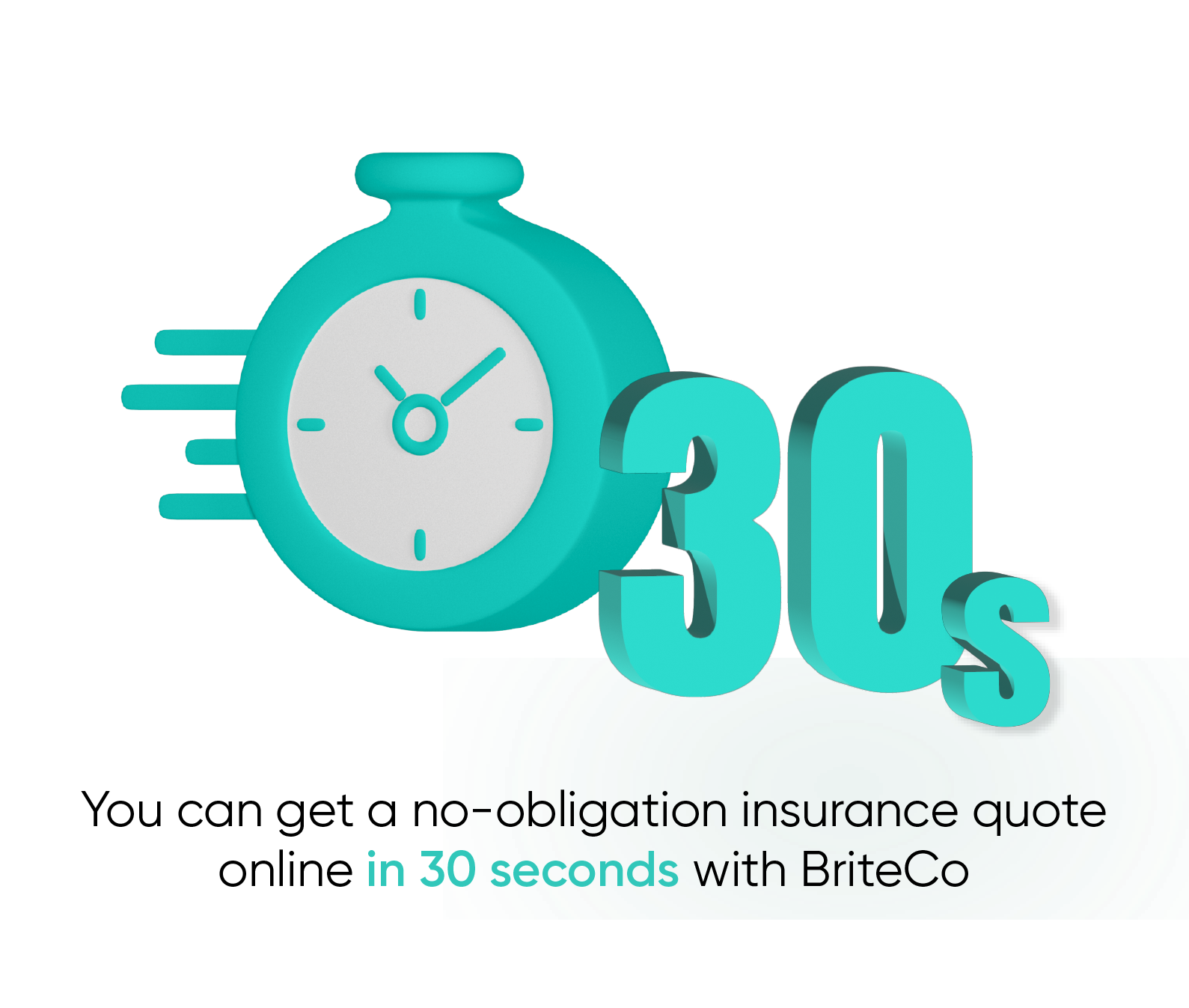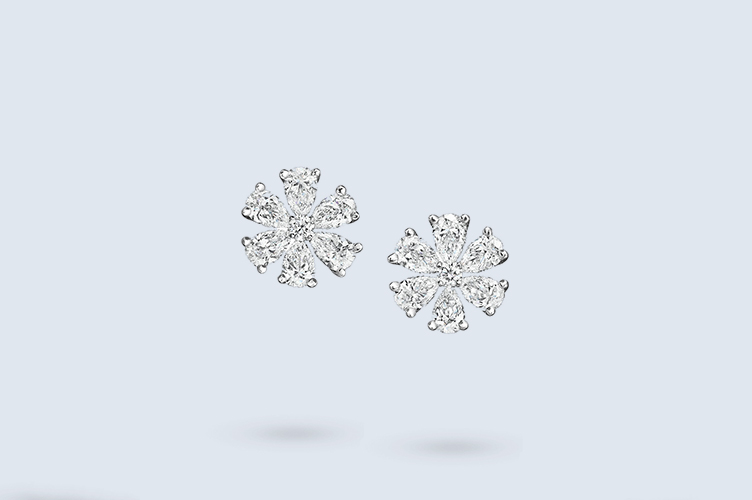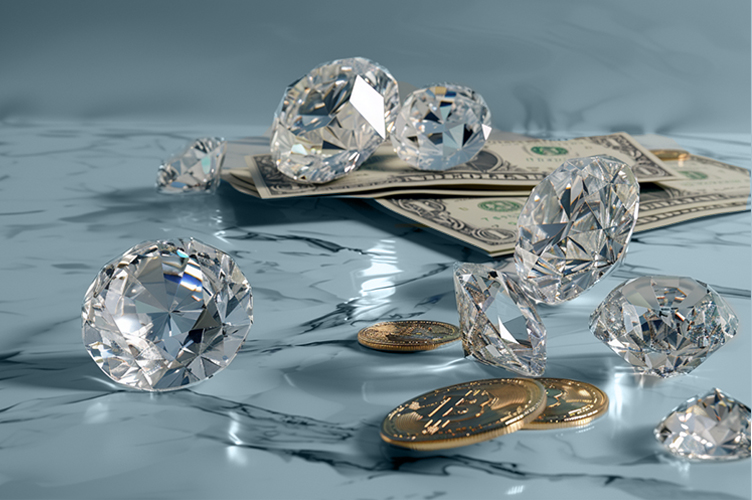As lab-grown diamonds grow in interest and popularity we get a lot of questions around whether a customer needs an appraisal for a lab-grown diamond. The short answer is yes. There are several reasons why.
What You Will Learn
Why are people buying lab-grown diamonds?
In general, lab-grown diamonds typically cost from 40% to 50% less for the same size and quality as earth-mined or natural diamonds. But that doesn’t always mean people are paying less for a diamond ring. Rather, they may consider getting a larger size lab-created diamond for about the same price as a natural diamond.
Consumers can buy lab-created diamonds or man-made diamonds online and in a growing number of jewelry retail stores. If interested, your best bet is to find a local jewelry store that sells both natural and lab-grown diamonds. That way you can see the difference in a side by side comparison and educate yourself about which type would meet your needs and preferences.
Lab-grown diamond prices?
Our data at BriteCo indicates that lab-grown diamonds cost about 30% to 40% less than a natural or mined diamond. The price of lab-grown diamonds has come down considerably since they were first introduced on the market about 10 years ago. Prices are expected to continue to drop as technology improves and more companies enter the market.
Are lab grown diamonds real?
Lab-grown diamonds are real diamonds, but they are not mined from the earth. They are created in a laboratory using advanced technology.
Do I really need a lab-grown diamond appraisal for jewelry insurance?
Yes, you’ll need an appraisal for a lab-grown diamond when applying for a jewelry policy. How are lab grown diamonds appraised? The same way natural diamonds are! To obtain an accurate valuation, you will need to have the engagement ring or other fine jewelry appraised first. A reputable local jeweler is your best bet in getting a diamond properly appraised. If you don’t have a local appraisal option you can get help for an online appraisal here. You can also learn more about the benefits of jewelry appraisals here.
What kind of documentation do I need for a lab-grown diamond appraisal?
If conducted in-person by a local jeweler, you’ll receive an official appraisal certificate from the jeweler with details of the lab diamond, its size, shape, additional smaller or melee diamonds featured in the piece, as well as its metal mounting such as gold, platinum, etc. Photos of the piece are usually included. The appraisal will include a dollar amount valuation that can be used to verify its value when applying for insurance coverage.
If available, jewelers may also include a GIA report that describes just the diamond (mined or lab diamonds) characteristics in detail. The Gemological Institute of America (GIA) is one of the foremost authoritative organizations that evaluates the quality of diamonds, both natural diamonds or earth-mined diamonds, as well as grading laboratory-grown diamonds since 2007. However, in 2019, GIA Laboratory-Grown Diamond Reports and identification reports no longer use the term “synthetic” in describing lab-grown diamonds. The newer GIA Laboratory-Grown Diamond Report includes the standard GIA color, clarity and cut grading scales for reference purposes. The reports use descriptive terms to identify color and clarity. Each report includes a statement that identifies the type of growth process used for a lab-grown diamond: CVD (Chemical Vapor Deposition) or HPHT (High Pressure High Temperature). The report will also indicate if there is evidence of post-growth treatments to change the color.
Why do I need Jewelry Insurance for a lab-grown diamond?
Any valuable piece of your jewelry should be covered by an insurance policy because of the costly expense to replace or repair it. You can read this guide to choosing the right policy so that you can make an educated decision about the type of coverage that best fits your needs. You can get a no-obligation insurance quote online in 30 seconds with BriteCo and its surprisingly affordable starting at under $5 per month for a $5,000 diamond ring.
Why BriteCo is your best choice for a jewelry insurance policy
BriteCo Jewelry Insurance covers insuring wedding rings, engagement rings, and other fine jewelry personal property. How much does jewelry insurance cost with BriteCo? Our jewelry insurance cost averages .5% to 1.5% of an item’s appraised value, or as low as $5 a month for a $5,000 ring. Backed by an AM Best A+ rated insurer, BriteCo protects the full value of your jewelry in the event of loss, theft, damage and mysterious disappearance. If you file a claim, you avoid any out-of-pocket costs with our zero deductible policies while assuring you get up to 125% of appraisal value in a replacement ring. No need to add a personal jewelry insurance rider to your homeowners or renters insurance policy to protect your valuables when you can get specialty jewelry coverage from BriteCo that’s fast, easy and affordable. Get a quote at https://brite.co .
Also Check:
What you need to know about jewelry appraisals
Can You Insure a Lab Grown Diamond?
Best Custom Lab-Grown Diamond Engagement Rings
What is an Insurance Premium? | BriteCo Jewelry Insurance
The Best Lab Grown Diamond Rings | BriteCo Jewelry Insurance
Do Lab Grown Diamonds Pass a Diamond Tester?

